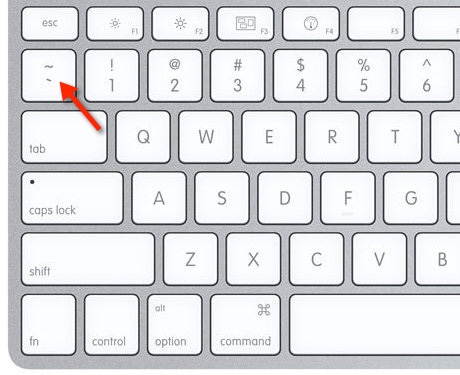

- #WHY USE DOUBLE SINGLE QUOTES DATABASE CODE#
- #WHY USE DOUBLE SINGLE QUOTES DATABASE OFFLINE#
- #WHY USE DOUBLE SINGLE QUOTES DATABASE PLUS#
The second parameter can be any of the following charactersĪs with all dynamic SQL if you are using QUOTENAME you want to be careful that you aren’t leaving yourself open to SQL Injection. In fact, I’ve used quotename just to dynamically put single quotes around a string before.
#WHY USE DOUBLE SINGLE QUOTES DATABASE CODE#
Using QUOTENAME appropriately will make your dynamic code far more durable in the face of odd names.īrackets (]) are the default and by far the most common usage, although I have used the single quote every now and again. It’s not that people put ’s inside of a name very often but it does happen and you don’t want your code to break. It’s a good idea to do something like this anytime you reference schema names, object names, database names, index names etc. Had there been a ] in the database name it would have been escaped and the code would still run. You’ll notice that ’s were put around the database names.
#WHY USE DOUBLE SINGLE QUOTES DATABASE OFFLINE#
SELECT 'ALTER DATABASE '+QUOTENAME(name)+' SET OFFLINE 'ĪLTER DATABASE SET OFFLINE The default value for the second parameter is ] So when would we be using it in dynamic SQL? Well, probably the most common way I’ve used it is when I’m building a list of commands I want to run. tell you it's a string and the single ' on the inside isīasically, it escapes any occurrence of the second parameter within the first parameter. reference that would look like this '''' where the outer to 's Otherwise, you have to escape the single quotes. around the string to simplify things with the 's (single quotes). QUOTED_IDENTIFIER being off lets me use "s (double quotes) Is there any way, Oracle will allow to store special characters to do the job simpler. But to store single quote, we need to give two quotes. In the input, there will be only one quote. It’s probably easier to understand with a quick demonstration: I need to store special characters like single quote ('), double quote (''). Returns a Unicode string with the delimiters added to make the input string a valid SQL Server delimited identifier. Depending on what type of dynamic code you are writing QUOTENAME will be your best friend. In the past I’ve written a How to, a Best Practices and even a Generic Dynamic SP although that last one was a bit so so in my opinion. However, we do not recommend that approach: it fails as soon as a name contains an apostrophe (like the CompanyName example above.I’m a big fan of dynamic SQL. The single-quote character can be used in some contexts for quotes within quotes. And what is in quotes is just the quote character - which must be doubled up since it is in quotes.Īs explained in the article on DLookup(), the quote delimiters apply only to Text type fields. As literal text, it goes in quotes, which accounts for the opening and closing text.

The 4-in-a-row gives you just a closing quote after the company name. If you wanted to look up the city for the CompanyName in your form, you need to close the quote and concatenate that name into the string: Enclosing characters in single quotation marks (‘) holds onto the literal value of each character within the quotes. =DLookup("City", "Customers", "CompanyName = ""La maison d'Asie""") Single quotes and double quotes are both functional in Linux while working with shell scripts or executing commands directly in the terminal but there is a difference between the way the bash shell interprets them. Where this really matters is for expressions that involve quotes.įor example, in the Northwind database, you would look up the City in the Customers table where the CompanyName is "La maison d'Asie":
#WHY USE DOUBLE SINGLE QUOTES DATABASE PLUS#
The doubled-up quotes after word plus the closing quote gives you 3 in a row.


 0 kommentar(er)
0 kommentar(er)
